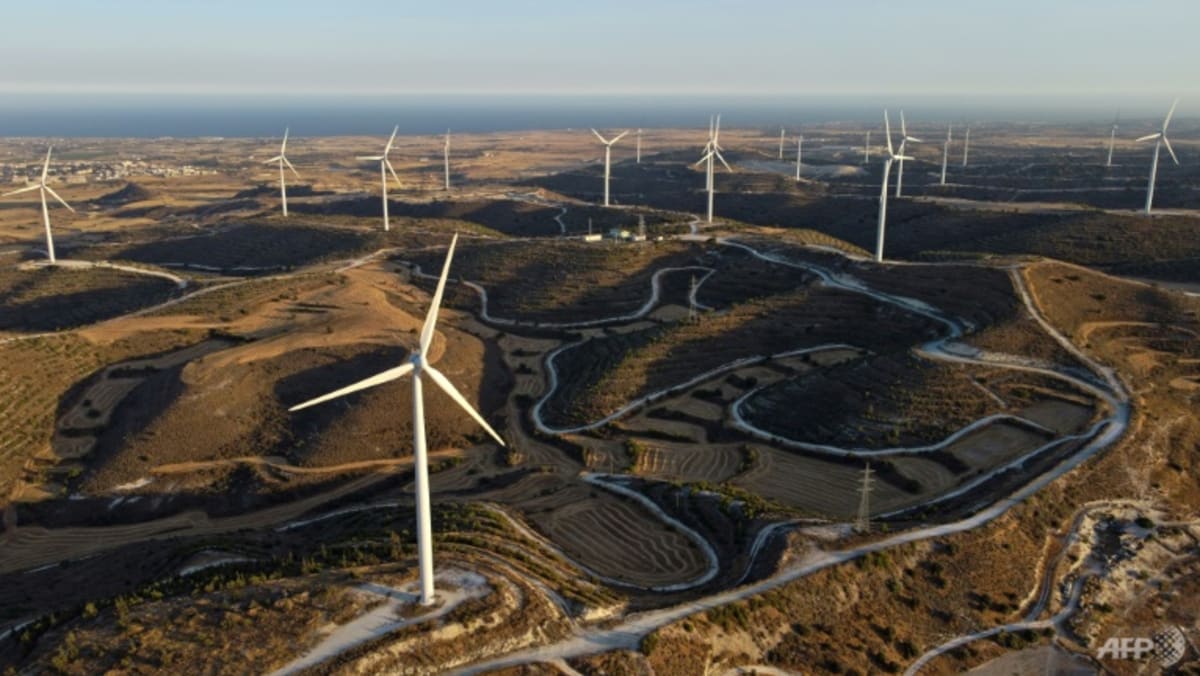Commentary Clean energy has won the economic race

The INET Oxford report finds that if the deployment of solar, wind, batteries and hydrogen electrolysers continues to follow exponential growth trends for another decade, the world will be on track to achieve net-zero-emissions energy generation within 25 years.
In its own coverage of the report, Bloomberg News suggests as a “conservative estimate†that a rapid clean energy transition would save US$26 trillion compared with continuing with today’s energy system.
After all, the more solar and wind power we build, the greater the price reductions for those technologies.
Moreover, in his own response to the INET Oxford study, Bill McKibben of 350.org points out that the cost of fossil fuels will not fall, and that any technological learning curve advantage for oil and gas will be offset by the fact that the world’s easy-access reserves have already been exploited.
Hence, he warns that precisely because solar and wind will save consumers money, the fossil-fuel industry will continue to try to slow down the transition in order to mitigate its own losses.
We must not allow any further delay. At COP26, it is essential that world leaders understand that we already have cleaner, cheaper energy solutions ready to deploy now.
Hitting our 1.5 degrees Celsius target is not about making sacrifices; it is about seizing opportunities. If we get to work now, we can save trillions of dollars and avert the climate devastation that otherwise will be visited upon our children and grandchildren.
Jules Kortenhorst is CEO of RMI. PROJECT SYNDICATE
0 Response to "Commentary Clean energy has won the economic race"
Post a Comment